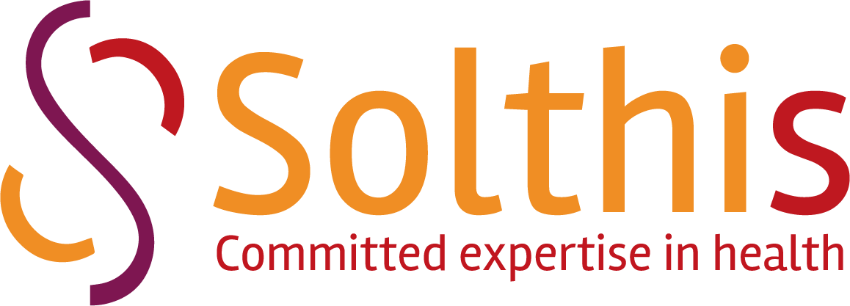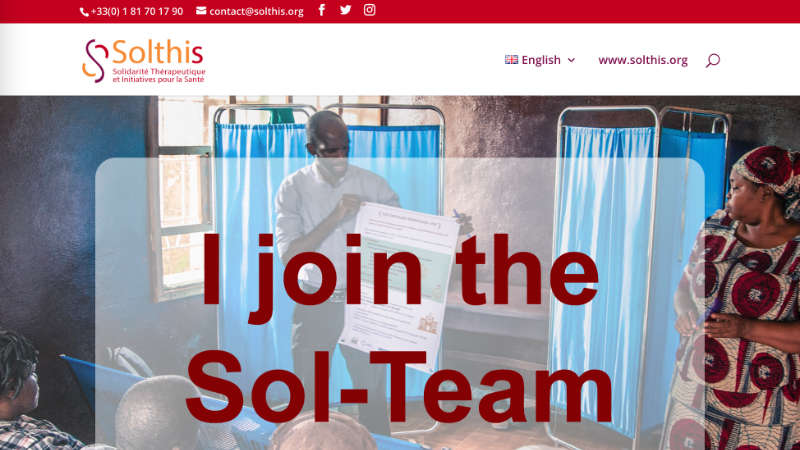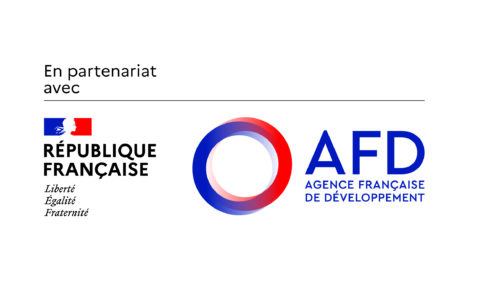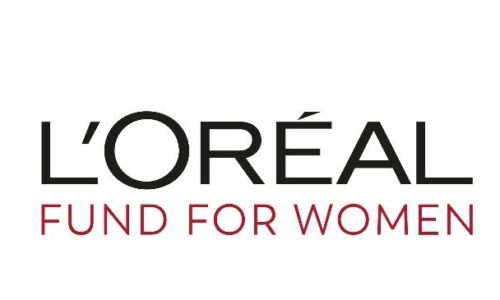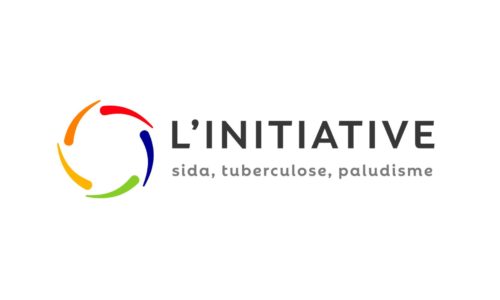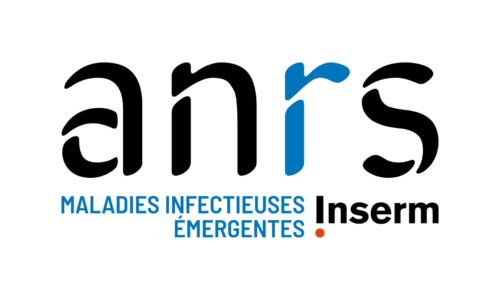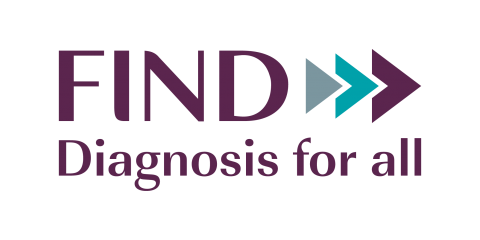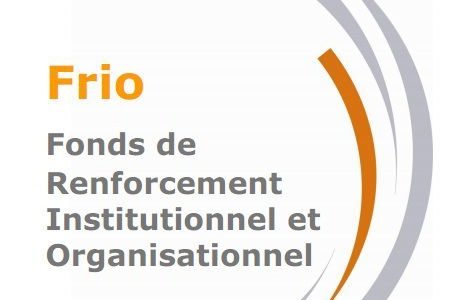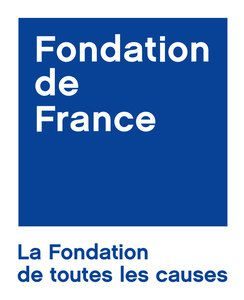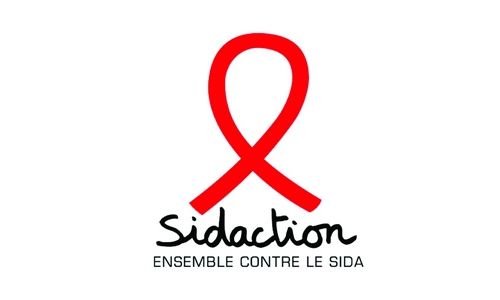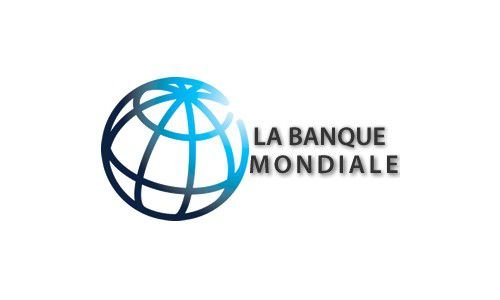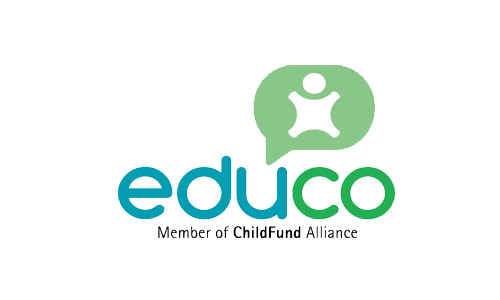Interview with Dr Justine F. Houzanmé, sociologist
11 September 2023
Dr Justine F. Houzanmé is a sociologist from Benin, selected to support the situational analysis of paediatric HIV care and the determinants of the low rate of testing of children in Benin, funded by Expertise France via the Initiative. She tells us about her background and the reasons for her involvement.
- Can you introduce yourself in a few words?
I’m a socio-anthropologist with a doctorate from the University of Abomey-Calavi (UAC). I have over 18 years’ experience working with key and vulnerable populations, taking into account diversity, inclusion, gender equality and civil society in general. For more than a decade, I have coordinated the activities of an organisation working to combat the feminisation of HIV/AIDS and gender-based violence (GBV), and whose actions are aimed at promoting women’s rights, women’s leadership and empowerment, as well as strengthening of civil society organisations (CSOs) in Benin.
I am actively involved in consultancy, advocacy and training, which enables me to act as an expert on the following issues: gender/HIV/GBV, sexual health education (SHE) including around the concepts of GBV, violence against women (VAW), female genital mutilation (FGM) and sexual harassment (SH). I am currently coordinating and advocating for the implementation of Article 16 in the 2011-26 Law of January 9th 2012 on the prevention and punishment of violence against women in the Republic of Benin.
I am also very involved in sub-regional activism for the health of the most vulnerable and the exercise of their human rights in West Africa.
- How did you hear about Solthis and become a consultant?
I learned out about Solthis through its website, which I visit whenever I can.
My work on the technical assistance project “Support for a situational analysis of paediatric HIV care and the determinants of the low screening rate among children in Benin” was facilitated by Dr Conrad Tonoukouen, a former Solthis employee and expert biostatistician, who suggested my profile as an expert in sociological studies when putting together the team of consultants.
The study, which was both descriptive and analytical, was carried out in Benin from November 2022 to June 2023 with funding from L’Initiative (Expertise France). As a sociologist, I was called in as the national expert for the qualitative part of the study.
- Could you briefly outline the methodology behind the study?
We opted for a participative approach that focuses on listening and validating the tools and the process at all levels. The effective participation of key stakeholders under the leadership of the “Programme Santé de Lutte contre le Sida” (PSLS) also increased ownership of the results following the data collection in the health facilities.
The following techniques were used to collect the data:
- A literature review based on policy documents, strategies and other normative data relating to the organisation and provision of Ppevention of mother-to-child transmission (PMTCT) services and care for HIV-exposed and -infected children, as well as epidemiological data;
- semi-structured individual interviews with various players at central, intermediate and peripheral levels;
- group interviews with key informants, in particular accompanying parents and spouses.
A total of 338 healthcare providers, primary health centre staff, young people, spouses, leaders and accompanying mothers were interviewed.
- Who are the players involved in the study?
The structures met by the consultants were as follows:
- Health Programme to Combat AIDS (PSLS) ;
- CIPEC (PSLS departmental branches) ;
- UNAIDS ;
The study was coordinated by the PSLS with the involvement of the monitoring-evaluation and care departments. Considerable support was provided by the Solthis and Expertise France teams.
- How has the gender approach been integrated into our study?
More than half of the interviewers were women, as we had emphasised.
Within the study population, mothers of children living with HIV and young people were the priority targets. Recommendations tailored specifically to these groups were drawn up, as well as for their spouses, to improve their involvement in the health of their children and their couple more generally.
- Could you describe the issues/context in the country in relation to the TA and make the link with the support provided (paediatric HIV in Benin)?
As part of the implementation of the Global Fund’s NFM3 grant covering the period 2021-2023, the country has identified a gap in achieving antiretroviral (ARV) coverage targets for children.
This situation is jeopardising the achievement of UNAIDS’ 3×95 target. The PSLS has put in place a number of strategies to improve this coverage, but they are still struggling to reach the target indicators, particularly where children and their families are concerned. These strategies include:
– screening outside the PMTCT programme (family screening, screening of malnourished children, screening of children hospitalised in paediatric wards, etc.);
– screening of pregnant women’s partners using the usual tests;
– distribution of HIV self-tests to the spouses of pregnant women.
These strategies have not led to a sufficiently substantial improvement in these indicators. The PSLS has therefore requested technical assistance from the Initiative to carry out an analysis of the situation regarding paediatric care and the lack of knowledge of the serological status of children under the age of 15, in order to identify the determinants of these shortcomings and adopt new strategies to improve them.
The aim of our mission was to support the PSLS Benin in identifying gaps in HIV testing for children and paediatric HIV care, in view of proposing new strategies for the Global Fund (GC7) and the future HIV/AIDS strategy. (as part of the Integrated National Strategic Plan for the Elimination of HIV/AIDS, Tuberculosis, Malaria, Hepatitis, Sexually Transmitted Infections and Epidemics – PSNIE). The current strategy ends in 2023.
- What are the main findings of the situational analysis? Shortcomings vs areas for improvement?
A situational analysis of HIV screening in children and paediatric management showed:
- A low rate of early detection among children born to HIV-positive mothers;
- A stagnant paediatric caseload compared to that of adults ;
- A 3X95 cascade well below the performance achieved in adults.
Analysis of the availability of services shows that paediatric HIV testing and care services are well covered across the country, although there are disparities between departments.
Based on all these results, we recommend :
- Combating stigma and discrimination in care and community settings ;
- Improving continuity of care: making services available as far as possible (market days in particular and flexible break times, for example) to enable those who work on weekdays to also receive treatment, including schoolchildren, who need to be offered more flexible hours;
- Professionalising the communication of status to children/adolescents, including parents:
- Training medical and paramedical staff in communication strategies;
- Implementing a community led digital monitoring (CLM) strategy to identify HIV locations and services available in real time;
– setting up an innovative information system enabling PCR results and appointment reminders to be received in real time by mobile phone;
– Reorganising care areas to make them more suitable for men, especially fathers à carry out a study on user-friendliness to determine the factors that can motivate men to feel more comfortable in care areas and adopt them;
– extending the use of discussion groups for children/adolescents and young people living with HIV, which are still insufficient to improve psychosocial follow-up for young patients;
– improving collaboration between modern and traditional medicine for case identification, referral and follow-up in the community;
– conducting studies to gain a better understanding of the factors influencing the communication of and adherence to treatment in children/adolescents.
